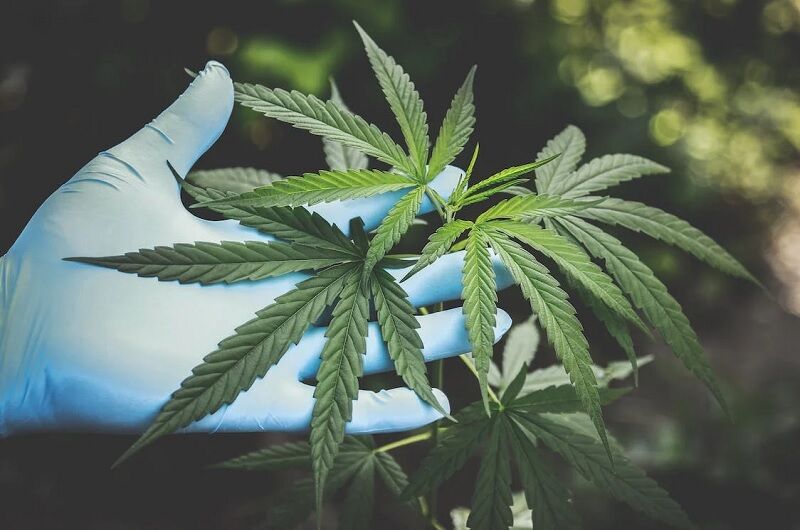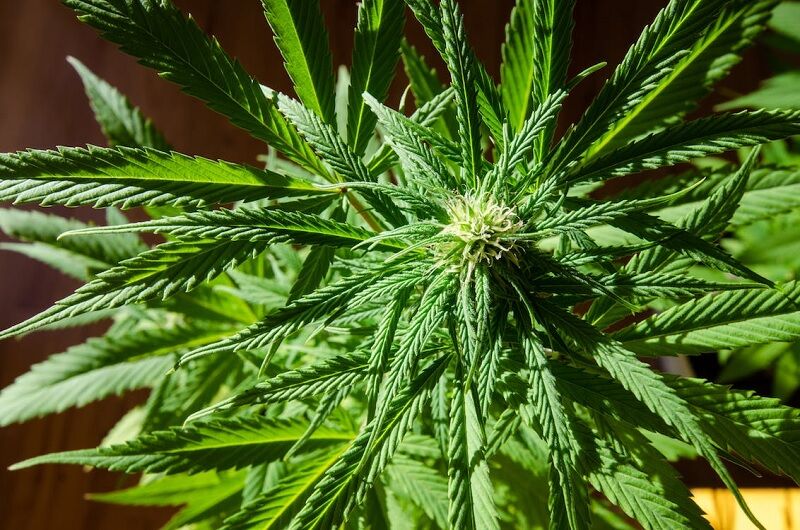Myth vs. reality: Understanding medical cannabis

Diving into the world of medicinal cannabis opens up a Pandora’s box of myths and misconceptions. It’s a topic that’s been shrouded in controversy, despite its centuries-old history of medicinal use. You’re likely familiar with some of the tales spun around its effects and legality, but it’s time to separate fact from fiction.
The conversation around medicinal cannabis is evolving, fueled by scientific research and changing attitudes. Yet, many people still hold onto outdated beliefs that cloud their understanding of its true potential. Let’s embark on a journey to debunk these myths, armed with facts and a clear perspective.
What is medical cannabis?
Understanding what falls under the banner of medical cannabis will clear up many myths you might’ve encountered. Essentially, it’s cannabis prescribed by a doctor to treat specific health conditions. Unlike its recreational counterpart, medical Cannabis undergoes strict regulation. You’ll need a valid prescription to access it, ensuring it’s used for its intended therapeutic benefits.
The talk of cannabis usually brings THC to light, the element blamed for the high. However, the universe of medical cannabis is vast and not all strains will induce this effect. Some strains, rich in CBD and void of THC, don’t lead to any psychoactive response. For those that do have THC, they’re crafted to minimise the high, making your treatment manageable and focused on relief. It might take a few tries to find the perfect match for your needs but rest assured, there’s likely a strain that aligns with your health goals.

Let’s tackle the myth of addiction quickly. Yes, cannabis addiction exists but it’s rare among medical Cannabis users. The primary reason is that most medical strains contain low THC levels. What’s more, there are options completely devoid of THC. But remember, like any medication, misuse can lead to problems. Use it as your doctor prescribes.
Currently, medical Cannabis enjoys legal status in 23 states and the District of Columbia. Its acceptance underscores its legitimate place in contemporary medicine, breaking the chains of stigma around its use. As its therapeutic applications continue to grow, it becomes a beacon of hope for those seeking alternative treatment pathways.
Every journey with medical cannabis starts with education and understanding. Dispelling myths opens the door to its potential benefits, allowing you to explore this option with your eyes wide open.
Common medical cannabis myths
Dispelling myths about medical cannabis is crucial for informed decision-making. You’ve seen how misconceptions can cloud the true potential of this treatment option. Remember, it’s about understanding the facts, recognising the medical benefits, and knowing the regulations that govern its use. With the right information, you’re better equipped to discuss this with a healthcare professional if considering it for your health needs. Let’s move beyond the myths and embrace the possibilities with an open mind and a focus on the facts.
Myth: Smoking cannabis is as harmful as smoking tobacco
You might’ve heard claims equating cannabis smoke to tobacco’s harm. These statements oversimplify and ignore critical differences between substances. Unlike tobacco, cannabis lacks nicotine, a primary addictive component in cigarettes. Furthermore, medical cannabis patients often opt for vaporizers or edibles, methods that sidestep smoking’s harmful effects entirely.
Myth: People can overdose on cannabis
Contrary to some alarming narratives, overdosing on cannabis—in the sense that it could be fatal—is virtually impossible. Medical cannabis has a remarkably high safety threshold, and while consuming excessive amounts might lead to discomfort or temporary negative side effects, it doesn’t carry the overdose risk associated with many prescription drugs.
Myth: Cannabis use leads to lung cancer
The assertion that cannabis use inevitably leads to lung cancer is another myth lacking robust evidence. A comprehensive review by Tashkin suggests that even heavy cannabis smoking does not elevate lung cancer risk compared to nonsmokers. It’s paramount, however, to consider individual health conditions and consumption methods.

Myth: Cannabis is extremely addictive
Believing cannabis to be highly addictive overlooks important nuances. While a small fraction of users may develop a dependency, its addiction rates are lower than many legal substances, including alcohol and tobacco. Medical cannabis, when used responsibly under professional guidance, presents a low risk of addiction.
Myth: Cannabis use causes long-term memory loss
Persistent myths suggest cannabis induces long-term memory loss. However, existing research primarily links significant memory impairment to heavy, prolonged use. Moderate medical cannabis use, especially strains high in CBD, does not demonstrate the same risk for cognitive impairments.
Myth: Cannabis Is a gateway drug
The notion of cannabis as a gateway drug is not only outdated but refuted by recent studies. This perspective fails to account for the complex interplay of social, genetic, and environmental factors influencing drug use. Medical cannabis itself, overseen by healthcare providers, aims to treat rather than introduce individuals to substance misuse.
Myth: All forms of cannabis have the same effect
To assume all cannabis forms have the same effect oversimplifies the plant’s complexity. Strains vary widely in their THC and CBD content, yielding diverse therapeutic benefits without the psychoactive ‘high’ associated with recreational use. Tailoring cannabis types and dosages to individual needs is a cornerstone of medical use, debunking the myth of uniformity across the spectrum.
Seeking the ultimate cannabis destination? Explore our article on why Bangkok stands as the premier hotspot for cannabis enthusiasts.
Latest Thailand News
Follow The Thaiger on Google News:


























